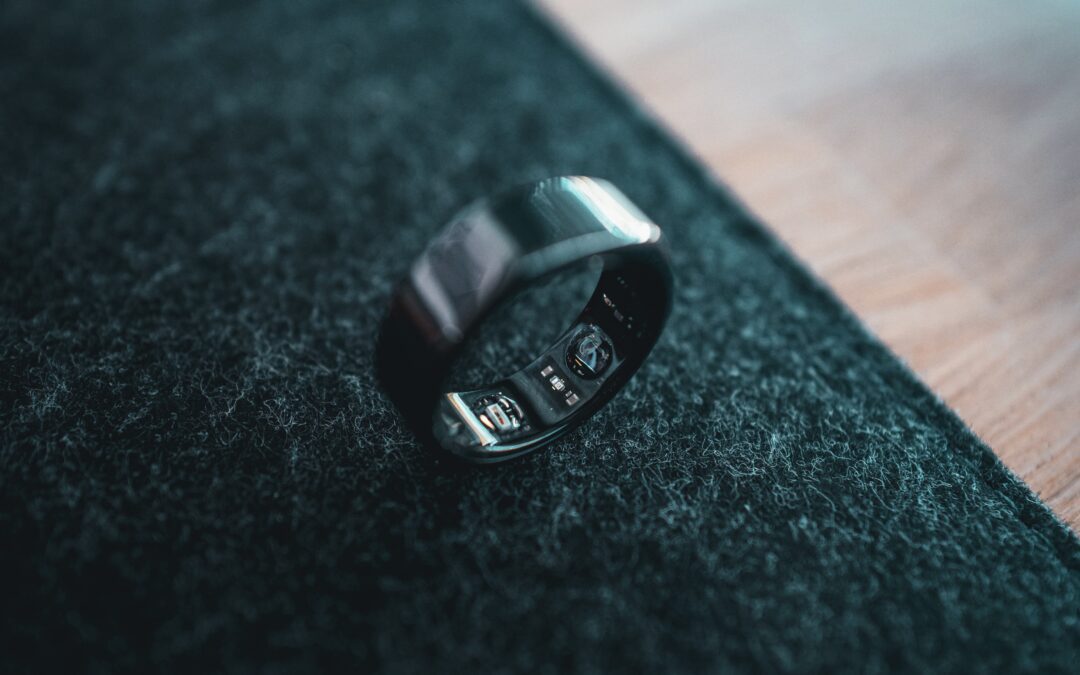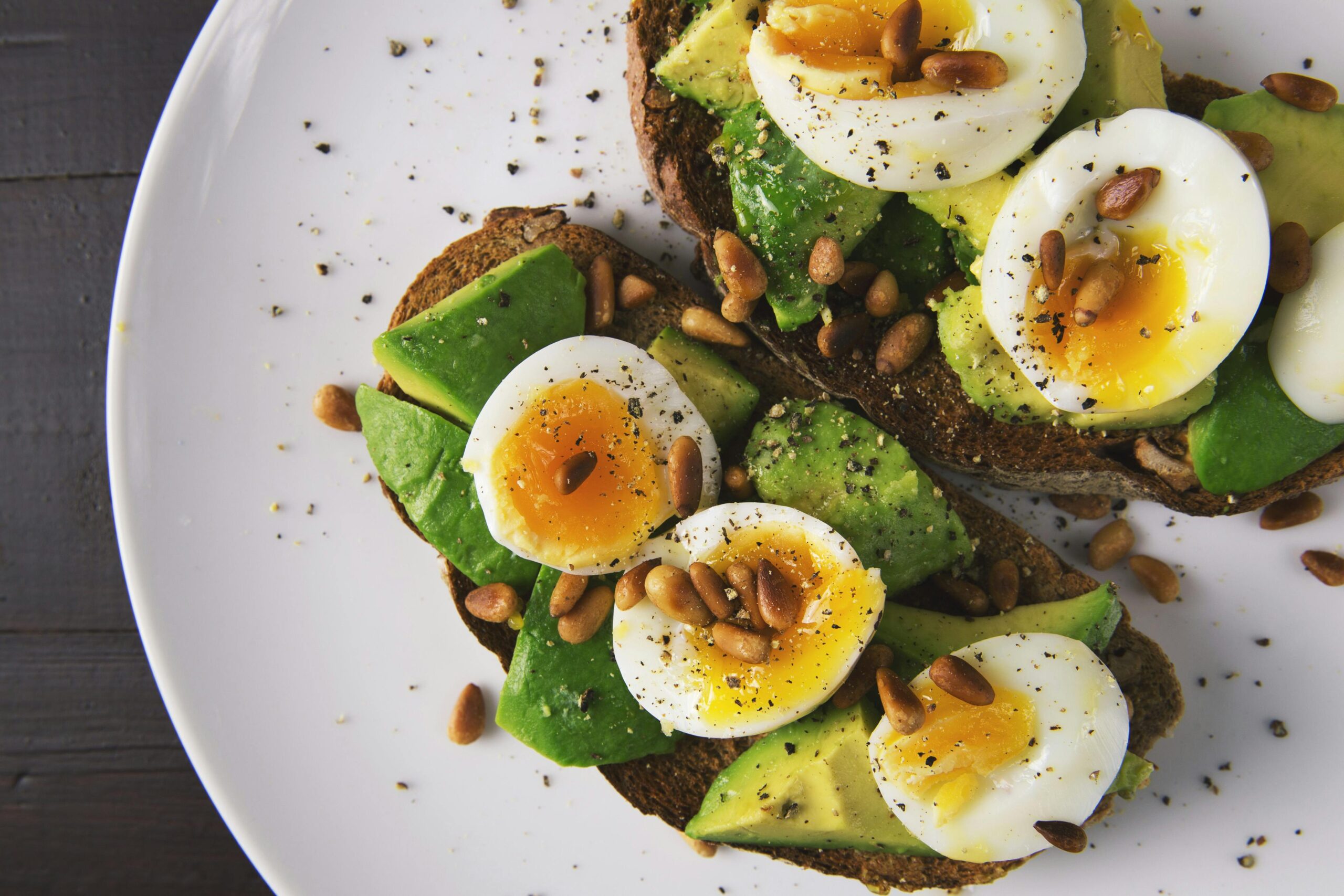As I write this article, I am going on my second full week of sporting an Oura Ring and I am already a huge fan! I want to take this opportunity to explain what the Oura Ring is, how it works, what it measures, its accuracy, my favorite features, how I am using it, and a few minor drawbacks to the device.
First, the Oura Ring is a wearable technology that is worn around a finger. It is sleek, small, and very convenient. It comes in various colors and there are two styles to pick from. The best part is you can wear it for several days before it needs charging. The ring comes with a mobile app tracker which is easy to set up. According to Dr. Axe, the ring uses LED Sensors which detect basal body temperature, movement, and pulse. The ring picks up information from the capillaries in the fingers which are connected to larger arteries in the wrist. The ring tracks many things from heart rate to heart rate variability, stress, menstrual cycle, exercise recovery, resting heart rate, respiratory rate, stress levels, activity levels, body temperature, and sleep quality and quantity. It takes about two weeks to establish a baseline on many of these measurements and the longer the ring is worn the more a baseline can be established, and the ring eventually can help to detect deviations from your norm.
Google “Oura Ring Accuracy” and many articles will pop up on this topic. I looked at one article from Illuminate Labs. “The Oura ring has been studied in legitimate clinical trials published in peer-reviewed medical journals, which is the highest standard product research. One clinical trial published in Behavioral Sleep Medicine journal compared the Oura ring against polysomnography, which is the medical standard for diagnosing sleep disorders. The Oura ring performed decently. “The Oura ring was 96% accurate in detecting sleep compared to polysomnography, 48% accurate in detecting wakefulness, 65% agreement in detecting ‘light sleep’, 51% agreement in detecting ‘deep sleep’ and 61% agreement in detecting REM sleep.”
As far as it’s accuracy when it comes to fitness, I find its mileage, calories and pace is off compared to my Garmin watch. This is ok as I mainly am using the Oura ring for its sleep and recovery features which happen to be my favorite two aspects to the ring. I am coming to learn that certain types of exercise can be stressful on the body and under stress the body will produce cortisol and cortisol loves fat. According to my doctor, my Adrenals are shot (probably from eight years of teaching school), and I am in the process of rebuilding my Adrenals so paying attention to stress is important for me. When we don’t sleep this can also be stressful for the body and I feel like I sleep but I am not always rested when I wake up in the mornings. With the Oura ring I am learning a lot about myself. The mornings I don’t sleep that well, the ring tells me, and it breaks my sleep down into REM, Deep and even tells me how long it took for me to fall asleep. Typically, with a low sleep score will often come a low recovery score and the Oura ring will suggest taking it easy and will give me a low target for calories to burn that day. It really helps me to adjust my workouts as I don’t want to go hard on a day that I might not have recovered well due to lack of sleep for instance. Likewise, the ring indicates on the days I have recovered well, and a hard workout is something my body can handle. I find it fun to test things out and then see how I slept according to the Oura ring. For instance, if I put my phone to “sleep” by 6 pm at night will my deep sleep period be longer? Or if I wear blue blocking glasses at night will my deep sleep lengthen? A big surprise for me (though this is probably why I don’t feel rested when I wake up) is my deep sleep tends to be short ranging from 26 minutes to 44 minutes. I have seen two nights where my deep sleep was more than an hour which is preferable.
I do not have any complaints about the ring so far and highly recommend it. I do want to share the few complaints that I have read about online. The price of the ring is the biggest complaint. There is a one-time fee which varies depending on the ring you pick out plus a small monthly fee to have the app features. The ring, as far as fitness goes, is limited as it only gives you the choice of walking, running, and cycling. For me this is great, as these are the main forms of cardio, I participate in. It is hard to get insight on weightlifting because it is best not to wear the ring when in the gym lifting weights as the chance of scratching the ring are great.


